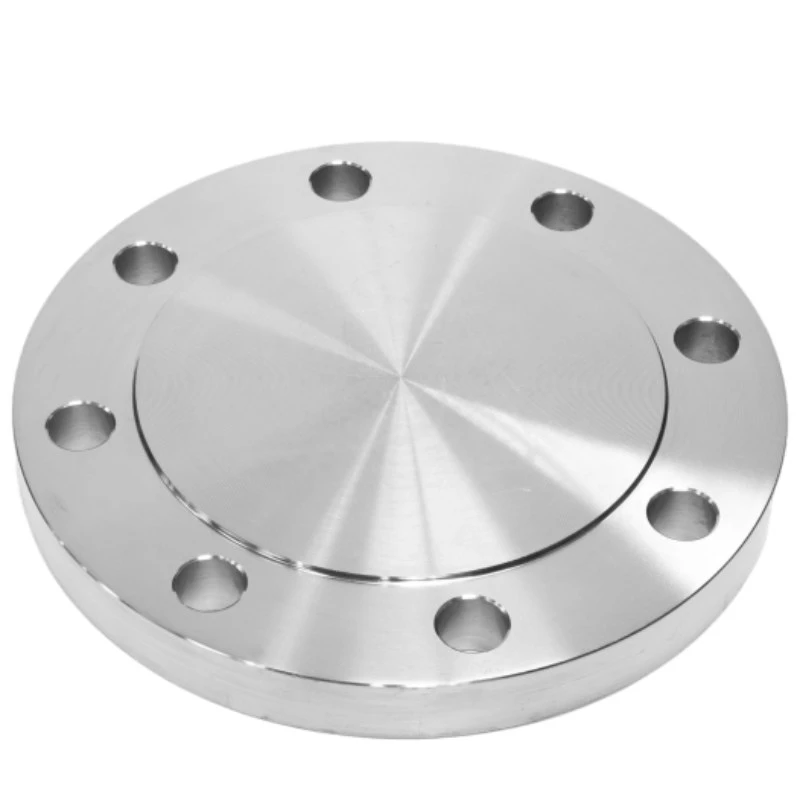-
Cangzhou Yulong Steel Co., Ltd.
-
Phone:
+86 13303177267 -
Email:
admin@ylsteelfittings.com
- English
- Arabic
- Italian
- Spanish
- Portuguese
- German
- kazakh
- Persian
- Greek
- French
- Russian
- Polish
- Thai
- Indonesian
- Vietnamese
- Zulu
- Korean
- Uzbek
- Hindi
- Serbian
- Malay
- Ukrainian
- Gujarati
- Haitian Creole
- hausa
- hawaiian
- Hebrew
- Miao
- Hungarian
- Icelandic
- igbo
- irish
- Japanese
- Javanese
- Kannada
- Khmer
- Rwandese
- Afrikaans
- Albanian
- Amharic
- Armenian
- Azerbaijani
- Basque
- Belarusian
- Bengali
- Bosnian
- Bulgarian
- Catalan
- Cebuano
- China
- China (Taiwan)
- Corsican
- Croatian
- Czech
- Danish
- Esperanto
- Estonian
- Finnish
- Frisian
- Galician
- Georgian
- Kurdish
- Kyrgyz
- Lao
- Latin
- Latvian
- Lithuanian
- Luxembourgish
- Macedonian
- Malgashi
- Malayalam
- Maltese
- Maori
- Marathi
- Mongolian
- Myanmar
- Nepali
- Norwegian
- Norwegian
- Occitan
- Pashto
- Dutch
- Punjabi
- Romanian
- Samoan
- Scottish Gaelic
- Sesotho
- Shona
- Sindhi
- Sinhala
- Slovak
- Slovenian
- Somali
- Sundanese
- Swahili
- Swedish
- Tagalog
- Tajik
- Tamil
- Tatar
- Telugu
- Turkish
- Turkmen
- Urdu
- Uighur
- Welsh
- Bantu
- Yiddish
- Yoruba

Nov . 08, 2024 09:05 Back to list
Understanding Class 125 Flanges and Their Applications in Industrial Settings
Understanding Class 125 Flanges An In-Depth Overview
Flanges are essential components in piping systems, serving as connection points for two sections of pipe or for valves, pumps, and other equipment in various industrial applications. Among the many types of flanges, Class 125 flanges hold a significant position in terms of their design, application, and efficiency, catering to several industries ranging from water supply systems to intricate mechanical systems.
What is a Class 125 Flange?
Class 125 refers to the pressure rating of the flange, indicating its capability to withstand certain pressures in accordance with industry standards. To put it simply, Class 125 flanges are designed to operate efficiently under a maximum pressure of 125 psi (pounds per square inch) in specific temperature conditions. They are typically constructed from materials like cast iron, carbon steel, or stainless steel, each providing unique benefits tailored to different environmental conditions and applications.
Design Specifications
The design of a Class 125 flange is vital for its performance and reliability. These flanges generally follow the specifications set by ANSI (American National Standards Institute) and ASTM (American Society for Testing and Materials). Class 125 flanges come in various shapes, including raised face, flat face, and ring type joint, allowing them to fit a variety of piping configurations. The dimensions and bolt patterns are standardized, which simplifies the installation process and ensures compatibility with other components.
The raised face design is particularly popular, as it facilitates better sealing with gaskets, ensuring the integrity of the piping system. The thickness of the flange also plays a crucial role, as it must withstand the stresses from the pressure of the transported media without warping, cracking, or failing.
Applications
class 125 flange

Class 125 flanges are widely used in various sectors, including water and wastewater treatment, oil and gas, HVAC (heating, ventilation, and air conditioning) systems, and food processing. In water and wastewater applications, they facilitate smooth connections between pipes and equipment, ensuring that systems can handle fluctuations in pressure without leaks.
In the oil and gas sector, these flanges contribute to the safe transportation of hydrocarbons, maintaining system integrity even under challenging conditions. The HVAC industry also heavily relies on Class 125 flanges, employing them to ensure efficient air flow and management throughout buildings.
Benefits of Class 125 Flanges
One of the significant advantages of Class 125 flanges is their versatility. Suitable for a wide range of applications, they are often used where moderate pressure levels are encountered. Additionally, their standardized design facilitates easy installation and maintenance, reducing downtime and operational costs.
Another noteworthy benefit is their cost-effectiveness. When compared to higher-rated flanges, Class 125 units often come at a lower price point, making them an appealing choice for projects with budget constraints. Moreover, they are widely available from multiple manufacturers, ensuring a competitive market that can cater to various demands quickly and efficiently.
Conclusion
Class 125 flanges play a crucial role in the infrastructure of piping systems across various industries. Their capacity to handle moderate pressures, combined with their versatile applications and cost-effectiveness, makes them an essential choice for engineers and project managers alike. Understanding the specifications, applications, and benefits of Class 125 flanges enables professionals to make informed decisions that enhance the efficiency and reliability of their projects.
In summary, whether one is working in water treatment, oil and gas, or HVAC, Class 125 flanges provide a reliable option for creating strong, leak-proof connections that stand the test of time. As industries evolve and demand higher standards, the fundamental role of Class 125 flanges in ensuring system integrity, efficiency, and safety will continue to be of paramount importance.
Latest news
-
ANSI 150P SS304 SO FLANGE
NewsFeb.14,2025
-
ASTM A333GR6 STEEL PIPE
NewsJan.20,2025
-
ANSI B16.5 WELDING NECK FLANGE
NewsJan.15,2026
-
ANSI B16.5 SLIP-ON FLANGE
NewsApr.19,2024
-
SABS 1123 FLANGE
NewsJan.15,2025
-
DIN86044 PLATE FLANGE
NewsApr.19,2024
-
DIN2527 BLIND FLANGE
NewsApr.12,2024
-
JIS B2311 Butt-Welding Fittings LR/SR 45°/90° /180°Seamless/Weld
NewsApr.23,2024











